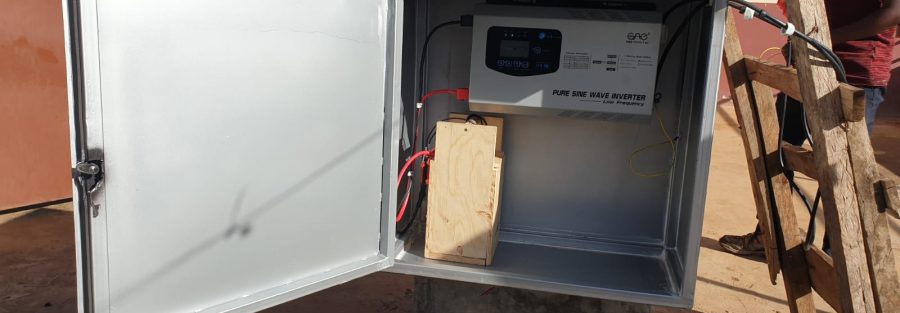Power outages can be more than just a minor inconvenience; they can disrupt operations, lead to data loss, and cost businesses valuable time and resources. In an era where consistent power supply is crucial for maintaining day-to-day operations, investing in an effective backup power system is not just advisable, it’s imperative. Here’s a comprehensive guide to help you navigate the complexities of choosing the right backup system for your business.
Understanding Your Power Needs
Before you can select an appropriate backup power solution, it’s crucial to understand your power needs. Start by identifying critical systems that require uninterrupted power. This could include servers, communication systems, essential machinery, or security systems. Assessing the power consumption of these systems during normal operations will help you determine the capacity your backup solution needs to provide.
Types of Backup Power Systems
1. Uninterruptible Power Supplies (UPS):
- Functionality: Provides immediate power during a brief outage and is essential for protecting sensitive electronics against power surges.
- Ideal for: Short-term power outages and as a bridge power until a more robust backup system takes over.
2. Generators:
- Functionality: Converts stored energy (usually gasoline, diesel, or natural gas) into electrical power and can be set up to start automatically during a power outage.
- Ideal for: Long-term outages, providing power for extended periods, suitable for larger facilities or operations that require a continuous power supply.
3. Battery Backup Systems:
- Functionality: Stores electrical energy and is typically used in conjunction with renewable energy sources like solar panels.
- Ideal for: Environments looking to reduce carbon footprint and operate silently with less maintenance.
Factors to Consider When Choosing a Backup System
Capacity: Ensure the system can handle your calculated load and consider future growth.
Energy Source: Choose between fuel-based generators or environmentally friendly options like battery systems. Consider fuel availability, storage, and safety.
Runtime: Determine how long the backup system needs to operate without refueling or recharging.
Maintenance: Understand the maintenance requirements of each system. Generators, for instance, require regular servicing and fuel management.
Cost: Evaluate the upfront installation costs versus long-term operational costs. While generators may have a higher initial cost, battery systems might offer savings in energy costs over time.
Regulatory Compliance: Ensure that your backup system complies with local codes and regulations regarding emissions, noise levels, and safety standards.
Implementing Your Backup Power System
Once you’ve chosen the right backup power system, proper installation and regular testing are critical to ensure functionality when it’s most needed. Work with certified professionals to install the system and schedule regular maintenance checks to keep it in optimal condition.
A reliable backup power system is a crucial component of business continuity planning. By understanding your needs and the available options, you can choose a system that ensures your operations stay running smoothly during power outages, protecting your assets and maintaining your business’s productivity. Whether it’s through a UPS for critical moments, a generator for extended reliability, or a battery system for a sustainable approach, the right backup system will provide peace of mind and operational stability.

